Deschamps Contemplates Goalkeeping Rotations Amid Maignan's Key Role
In recent remarks, French national team coach Didier Deschamps has opened the door to the possibility of goalkeeper rotations, sparking discussions among fans and analysts alike. This comes amid the strong presence of Mike Maignan, who has been a critical component of the team. Deschamps, known for his meticulous approach, hinted that while Maignan's position is vital, he wouldn't entirely rule out exploring different options between the posts.
The context of these comments is critical as they highlight the nuanced thinking behind squad selections. 'Could there be rotations in goal? Not necessarily, but this is part of my thinking... But not necessarily,' Deschamps mentioned, leaving many to analyze his every word. It reflects a strategic nuance that aims to keep the team as dynamic and prepared as possible. By not outright dismissing the idea of rotations, Deschamps is essentially broadening the tactical discussion surrounding the goalkeeping position.
Maignan's Impact and the Strategic Prism
Mike Maignan has solidified his reputation as a sturdy goalkeeper, displaying impressive reflexes, strong command of the box, and excellent distribution skills. His prowess was evident in several high-stake matches, solidifying his role as a linchpin in the French squad. Nonetheless, Deschamps's comments suggest that even established players like Maignan are not beyond strategic reevaluations.
The idea of goalkeeping rotations isn't entirely new in contemporary football. Many top-tier teams employ this strategy to manage workloads, avoid burnout, and provide opportunities for emerging talents. However, it does bring its set of challenges, especially in maintaining consistency and building a rapport with the defensive line.
In the tactical prism where Deschamps operates, examining and contemplating different combinations within the team is likely a routine process. His approach underscores the importance of flexibility and preparedness. 'I have to think about what's best for the team's performance as a whole,' Deschamps added, encapsulating the broader aspect of his thought process.
Strategic Considerations
The decision to rotate goalkeepers is multifaceted, involving considerations around physical condition, psychological readiness, and tactical compatibility. Deschamps’s willingness to entertain this idea illustrates his forward-thinking approach. While Maignan remains a formidable force, it is prudent to assess alternatives that might offer tactical advantages in specific scenarios.
Moreover, rotations can foster a competitive environment within the squad, pushing players to maintain high standards. It can also introduce fresh dynamics, helping to adapt to varied opponents with different playing styles. Despite the inherent risks, the potential benefits of strategic rotations cannot be ignored.
Additionally, by indicating potential rotations, Deschamps may be signaling to other goalkeepers in the pipeline that their opportunities could be on the horizon. This notion is critical for maintaining squad depth, especially when dealing with injuries or dips in form. Having a backup plan ensures the team's resilience under diverse circumstances.
Fan and Analyst Reactions
The possibility of goalkeeper rotations has indeed stirred the pot among fans and football pundits. There’s a blend of curiosity and skepticism. Some fans firmly support the idea, citing the benefits mentioned earlier. They believe it is a sign of a healthy squad where no position is taken for granted.
Conversely, some express concerns about disrupting the established order. They argue that the goalkeeper's role is unique, necessitating more consistency than outfield positions. Critics are wary of potential negative impacts on defensive cohesion if rotations aren't managed adeptly.
Football analysts offer a balanced perspective. They acknowledge the risks but highlight the growing trend among elite teams to use rotations effectively. These rotations, they argue, are more about strategic applications than wholesale changes. The key lies in meticulous planning and context-specific decision-making.
Implications for Future Fixtures
As the French national team gears up for future fixtures, the potential rotations might serve as a subplot to watch. With crucial tournaments on the horizon, including the next European Championship, Deschamps's strategy might play a pivotal role. How he navigates this aspect can have far-reaching implications on the team's performance.
Considering past instances, Deschamps’s decisions often strike a balance between innovation and stability. His track record suggests that he is not swayed by trends but makes calculated decisions that align with the team’s goals. The potential rotation in goalkeepers, if implemented, is likely to follow this measured approach.
Ultimately, Deschamps's current line of thinking provides a fascinating insight into the complexities of managing a national team. His openness to exploring different tactical avenues, even in the stable territory of goalkeeping, underscores the depth of his strategic vision. Whether or not these rotations come to fruition, the dialogue they have sparked speaks volumes about his forward-thinking methodology.
For now, fans and analysts will keep a close eye on any developments, ready to parse the nuances of Deschamps's decisions. As the French national team continues its journey, the strategic dance between maintaining established strengths and exploring new potentials remains a testament to Deschamps’s continuing evolution as a coach.
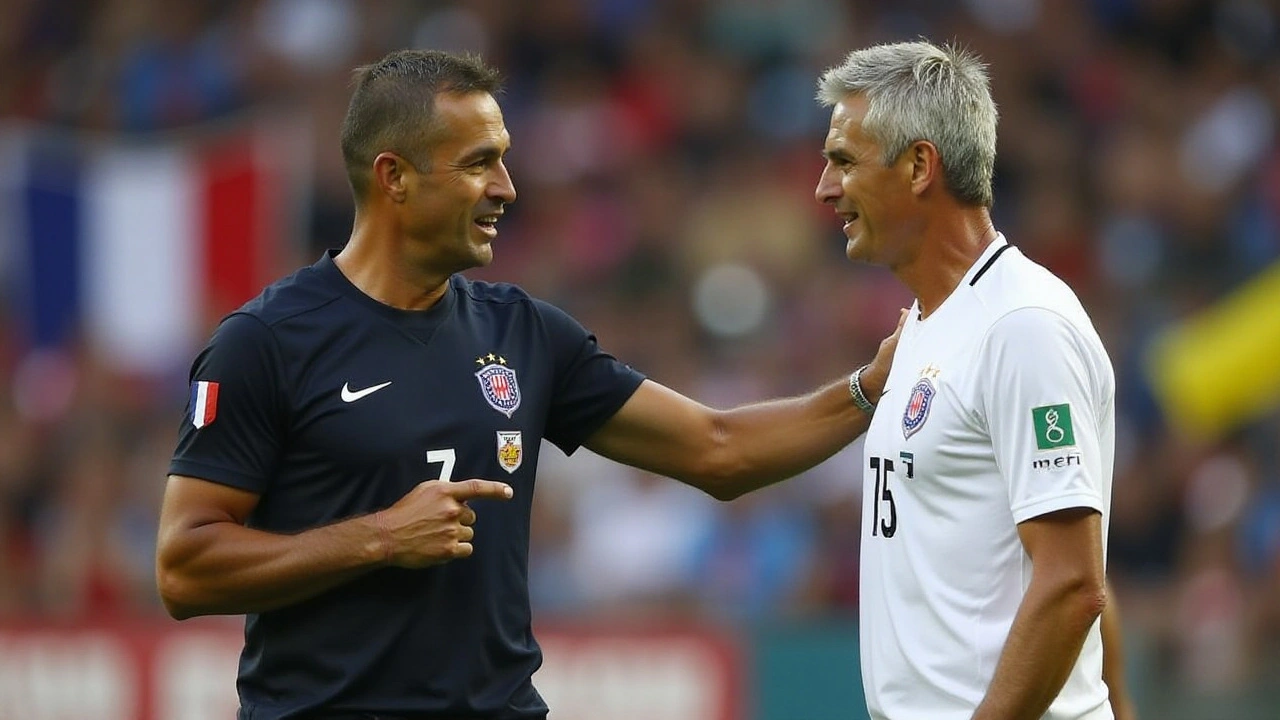
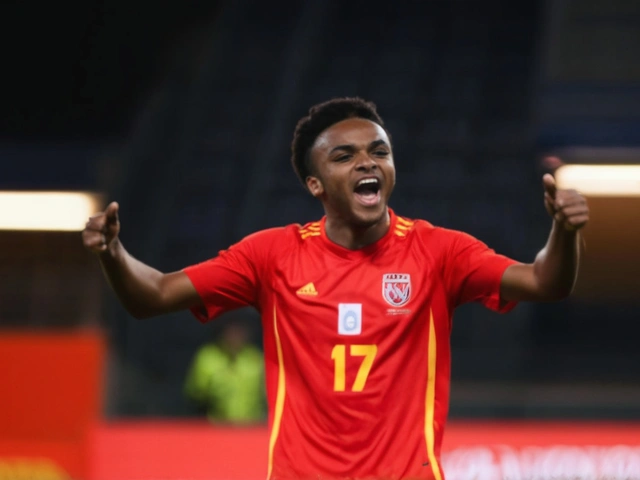
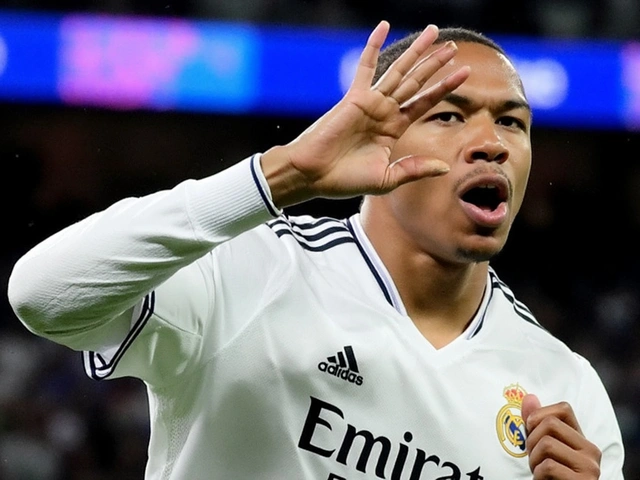
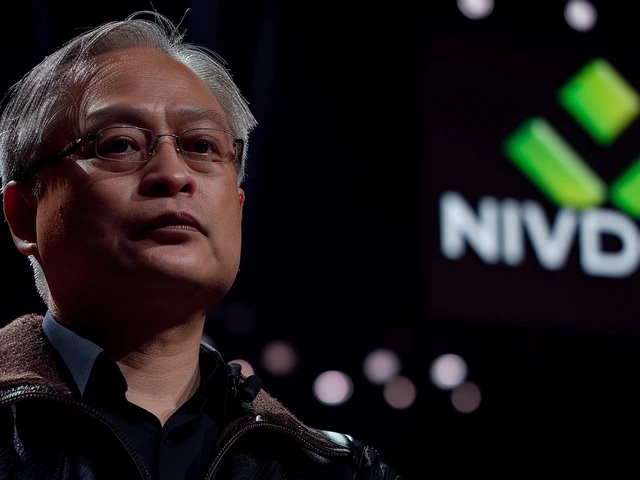
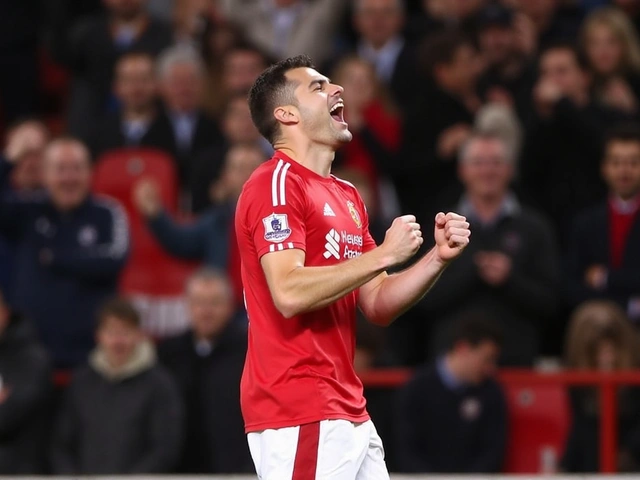

Write a comment